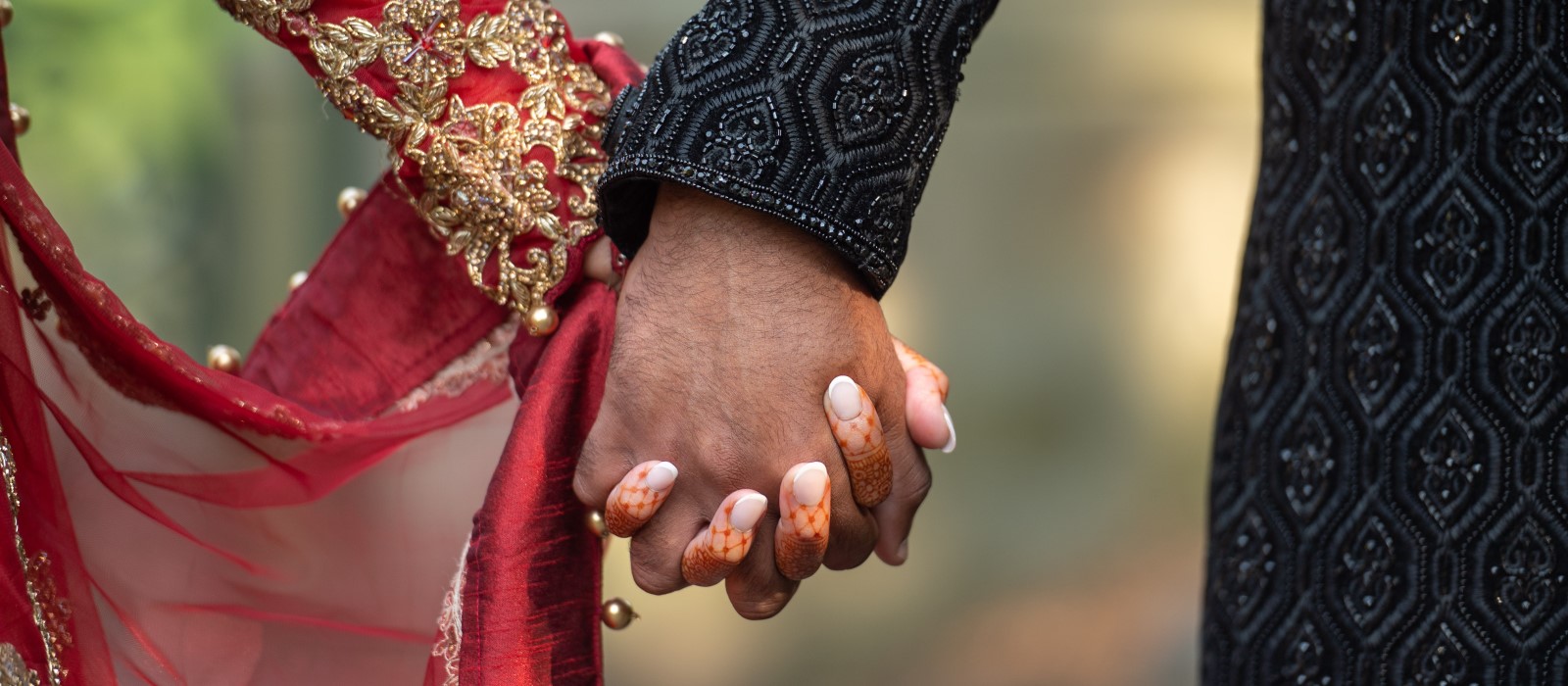The Effects of Marriage Customs on Child Investment in Pakistan

Wedding couple holding hands | Michele via Adobe Stock
Policy Context
Adolescence poses significant risks for girls throughout the developing world. In the face of financial constraints, social norms also encourage parents to invest in their sons rather than daughters. As a result, girls are often forced to drop out of school and have limited employment opportunities. Girls often face the additional challenges of early marriage and pregnancy, particularly in areas where it is common for her family to receive a bride price.
In Pakistan, parents often invest more in their male children contributing to gender disparity and ongoing limited options for girls. In Peshawar there are two groups of migrants that have different marriage customs. Pakthun migrants have a bride price – payment is made to the bride’s family –whereas Punjabi migrants practice groom price – transfers are made to the groom’s family. These different marriage customs may affect how parents choose to invest in their children.
Study Design
This study uses a priming intervention to test the effects of different marriage customs on parental investment in their children. Researchers will randomly select Pakhtun and Punjabi fathers with at least two children under age six of opposite sex. Participants will be given one health voucher, worth approximately Rs. 2000, and must decide which child will be the recipient after answering a series of questions. In the treatment arm, fathers will be primed to think about marriage while in the comparison arm there will be no priming intervention. Researchers hypothesize that different marriage customs will also lead to differential investments. Specifically, Pakhtun fathers will be more likely to choose their daughters to receive the health voucher relative to Punjabi fathers, because Pakhtun migrants practice bride price while Punjabi migrants practice groom price.
Results and Policy Lessons
Results forthcoming.

